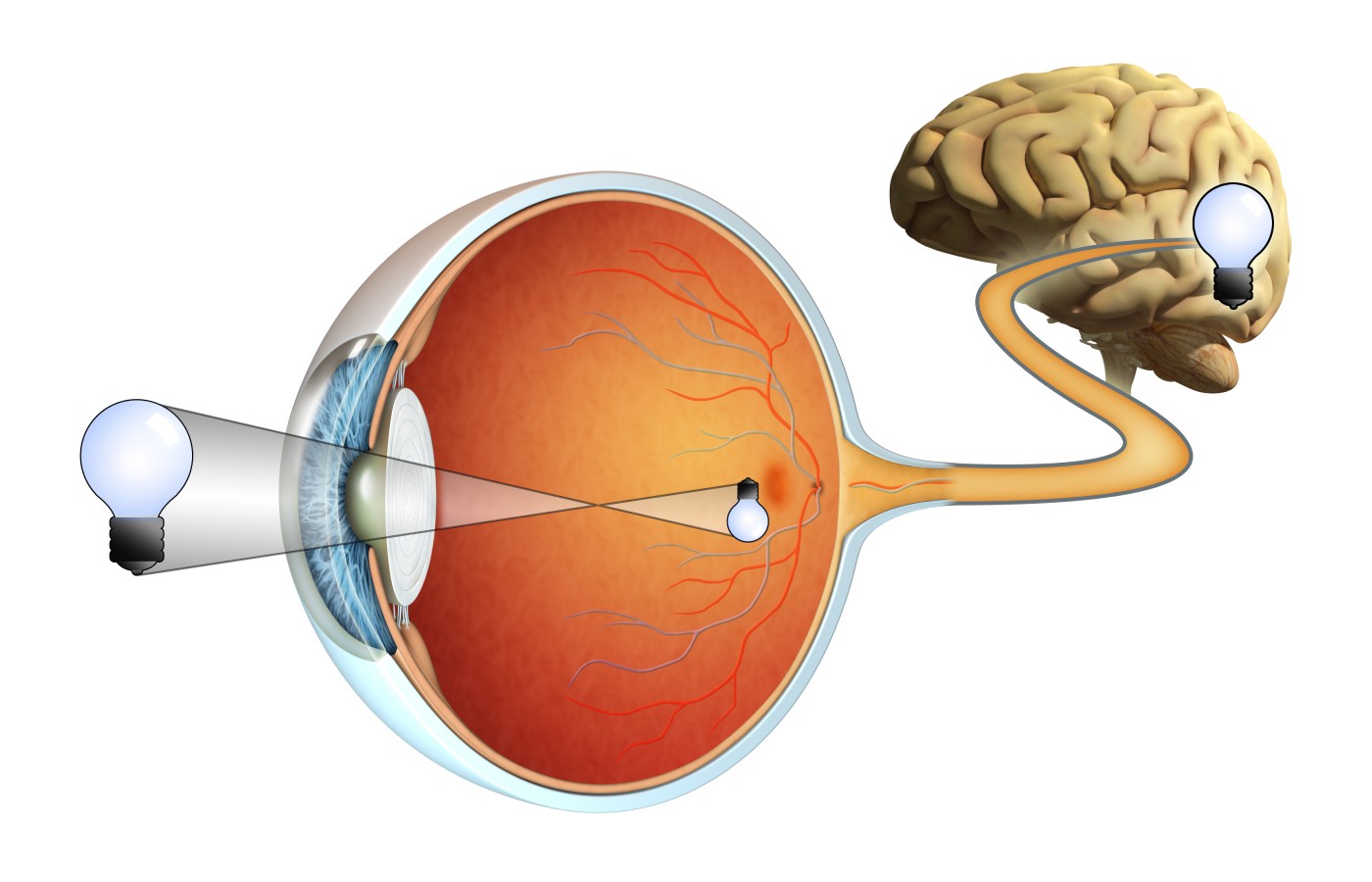New Compound Tested in Lab Shows Promise for Progressive Multiple Sclerosis
Written by |

Exploratory research conducted at Virginia Commonwealth University and the University of Illinois at Chicago may translate into a new therapeutic agent to treat progressive multiple sclerosis. Researchers in the laboratories of Dr. Jefferey L. Dupree and Dr. Douglas L. Feinstein tested a new compound in mice with induced multiple sclerosis and found that the compound reduced neurodegeneration and helped improve symptoms.
The compound, lanthionine ketimine, is a naturally occurring molecule that binds to collapsin response mediator protein-2 (CRMP2), which is a protein found in the brain that helps regulate vital neuronal activities. In order to use this compound to treat mice with induced multiple sclerosis, the researchers needed to chemically modify it into a cell-permeable state. The resulting molecule was lanthionine ketimine ethyl-ester (LKE), which was shown to promote neurogenesis and healthy nervous system function.
As explained in the journal article, “Lanthionine Ketimine Ester Provides Benefit in a Mouse Model of Multiple Sclerosis,” which was published in Journal of Neurochemistry, the authors induced multiple sclerosis in mice using the well-accepted model of experimental autoimmune encephalomyelitis (EAE). After mice began to show moderate clinical symptoms of multiple sclerosis, the researchers mixed LKE into the animals’ food so that mice were treated whenever they decided to eat.
After four weeks of ingesting LKE, mice had lower levels of inflammation than those that did not receive LKE but were induced with EAE. LKE-treated mice also showed lower degeneration of the optic nerve and spinal cord, showing only minimal damage to the myelin sheath around the axons. The protective effect was more pronounced in the optic nerve, but the spinal cord also showed great benefit from LKE treatment.
If the researchers continue to pursue LKE and design a well-controlled dosing study in other animal models of multiple sclerosis, the compound may be a potential candidate for clinical trials in patients with progressive multiple sclerosis. “Only few drugs have been shown to reduce neurodegeneration in multiple sclerosis,” stated the authors. By identifying neuronal protection in the spinal cord and optic nerve, the researchers showed that LKE is a novel and strong candidate for testing in progressive multiple sclerosis.


